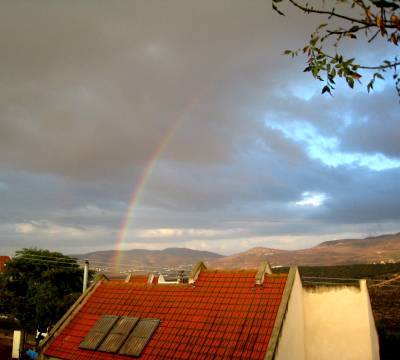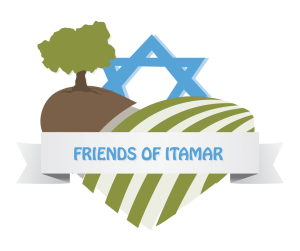Parashat Vaera – 2010
Parshat Vaera January 15, 2010 “And G-d spoke to Moshe and said to him. I am the Lord, and I appeared to Avraham, to Yitzchak, and to Ya’akov, by the name of G-d Almigh
Parashat Shemot – G-D Watches Over His righteous Nation 2010
Parshat Shemot January 8, 2010 King Solomon in his book of Proverbs 13:23 writes “Much food is in the tillage of the poor: but there are others that perish without judgment.&
Parashat Bo 5769
Bo January 28, 2009 The combining of the letters bet and aleph form the name of our parsha, “Bo”. In gematria this equals the number three (aleph being one and bet bein
Parashat Shemot 5769
Shemot January 2009–01–15 Aside from beginning a new book in the Torah, a new era also begins for the people of Israel, as we read in the opening of the Parasha “a new ki
Parashat Beshalach
Parashat Beshalach January 18, 2008 When reaching the pinnacle of the Exodus, the splitting of the Red Sea, we can’t help but ask how did Bnei Yisrael continue to complain af
Parashat Bo
Parashat Bo Thursday, January 10, 2008 In the tractate of Sanhedrin 111A our Rabbis criticize the behavior of Moshe Rabeynu and praise the actions of our forefathers. The Talmud ex
Parashat Vaerah
Parashat Vaerah January 3, 2008 Redemption from Egypt did not happen overnight as we know, but stage by stage. The curtain is raised as Bnei Yisrael, Moshe Rabbeinu, Pharoh and the
Itamar News November 22nd 2007
November 22, 2007 3. Mazal Tov to Yaakov and Shirah ben Pinchas on the Brit milah of their son Yoav Yitzchak. 4. Mazal Tov to the Shushan family upon the engagement of their dau


